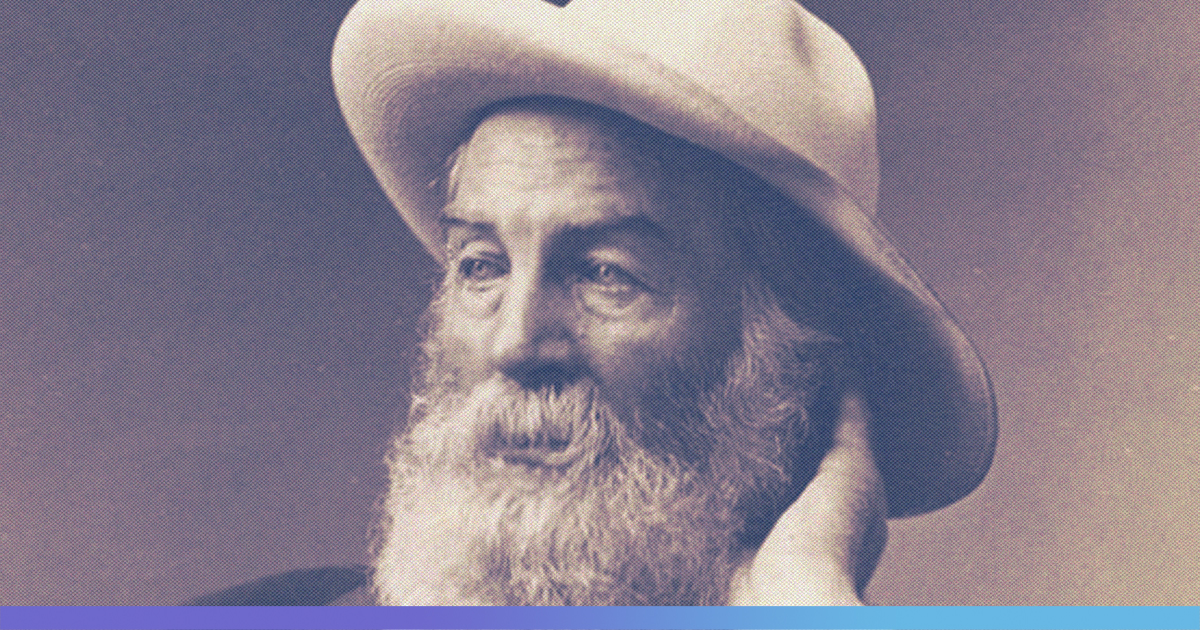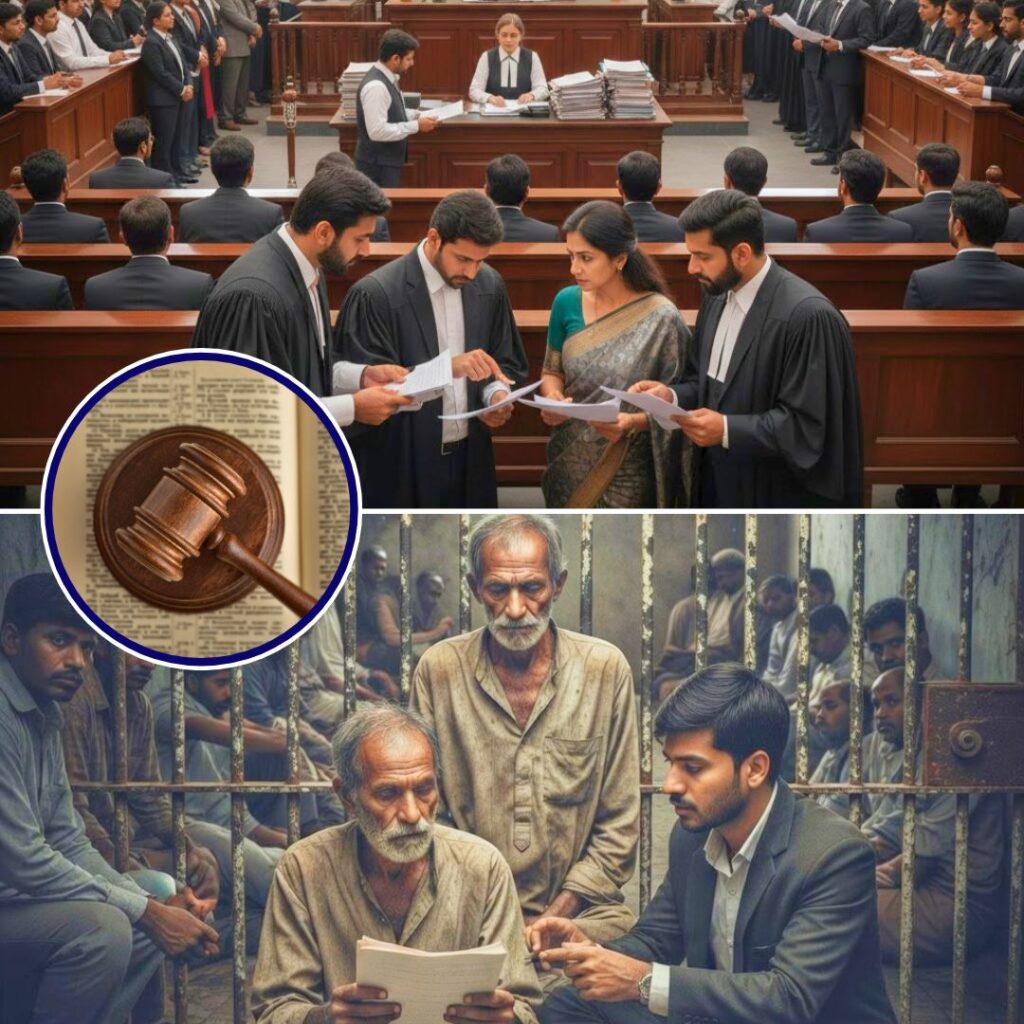“Not I, nor anyone else can travel that road for you.
You must travel it by yourself.
It is not far. It is within reach.
Perhaps you have been on it since you were born, and did not know.
Perhaps it is everywhere – on water and land.”
Exactly how or why Walt Whitman began inventing his extraordinary poetry is a mystery.
In the year 1842, Whitman listened to “The Poet”, a lecture in which philosopher Ralph Waldo Emerson expressed his desire to know a national bard who would be able to write about the United States in all its diversity.
Whitman’s work and its originality, however, seemed more than just a response to Emerson’s demands.
It is believed that his book of poems, Leaves of Grass, may have been an experimental project. The non-rhyming lines of the book remind us of Bible verses.
“A child said What is the grass? fetching it to me with full hands;
How could I answer the child? I do not know what it is any
more than he.
I guess it must be the flag of my disposition, out of hopeful green
stuff woven.”
Celebrating Walt Whitman’s 200th Birthday
May 31 marks the 200th birthday of Walt Whitman, an American poet, essayist and journalist.
Called the “Bard of Democracy”, Whitman is considered one of the most influential poets of America. He self-published Leaves of Grass in 1855, and it went on to become a landmark in American literature.
During the Civil War, Whitman worked as a volunteer nurse, in the course of which he wrote the collection Drum Taps (1865), keeping in mind the experiences of war-torn soldiers.
“Forty years had I in my city seen soldiers parading;
Forty years as a pageant—till unawares, the Lady of this teeming and turbulent city…”
Whitman, The Volatile Journalist
At 17, Whitman started teaching. He went on to work as an educator in several parts of Long Island for five years. However, he disliked the work and by 1841, he set his sights on journalism.
He became editor of the Brooklyn Daily Eagle, a prominent newspaper, in 1846. He served in that capacity for almost two years.
He went on to become the editor of other newspapers like the Crescent and later started a new “free soil” newspaper called the Brooklyn Freeman, but he was known to be a volatile journalist, having a set of opinions which did not always align with those around him, including his readers.
Leaves Of Grass
In the Spring of 1855, Whitman published a small book of 12 unnamed poems, with a preface titled ‘Leaves of Grass’.
Leaves of Grass, Whitman’s sole book of poetry, went on to alter the course of literary history. As the years went by, he revised and expanded this slim volume into a thick book of close to 400 celebrated poems.
One of the most celebrated poems of Whitman is ‘Song of Myself’, which embodies his call for self-expression and literary independence.
“I celebrate myself, and sing myself,
And what I assume you shall assume,
For every atom belonging to me as good belongs to you.”
Other famous poems include ‘I Sing the Body Electric’, ‘I Hear America Singing’, ‘When Lilacs Last in the Dooryard Bloom’d’, and ‘O Captain! My Captain!’.
Among them, ‘When Lilacs Last in the Dooryard Bloom’d’ is one of the many poems that Whitman wrote about Abraham Lincoln, and perhaps the most celebrated.
Written in the summer of 1865, in the aftermath of Lincoln’s assassination, it is considered one of his finest works.
“When lilacs last in the dooryard bloom’d,
And the great star early droop’d in the western sky in the night,
I mourn’d, and yet shall mourn with ever-returning spring.”
Whitman Lives On
Walt Whitman passed away in Camden on March 26, 1892. Until the very end, he continued to work on Leaves of Grass, a landmark in the history of American literature.
Whitman’s poems continue to resonate among literature lovers today. A figure both lauded and occasionally criticised, Whitman’s artistic legacy looms large over American literature. From contemporary bestsellers to movies on the large screen, his influence can be seen everywhere.
Today, The Logical Indian remembers Walt Whitman and his extraordinary contribution to American literature on his 200th birthday.
“Earth! you seem to look for something at my hands,
Say, old top-knot, what do you want?”
Also Read:The Best Of The Great – Remembering Sam Manekshaw On His Birth Anniversary













